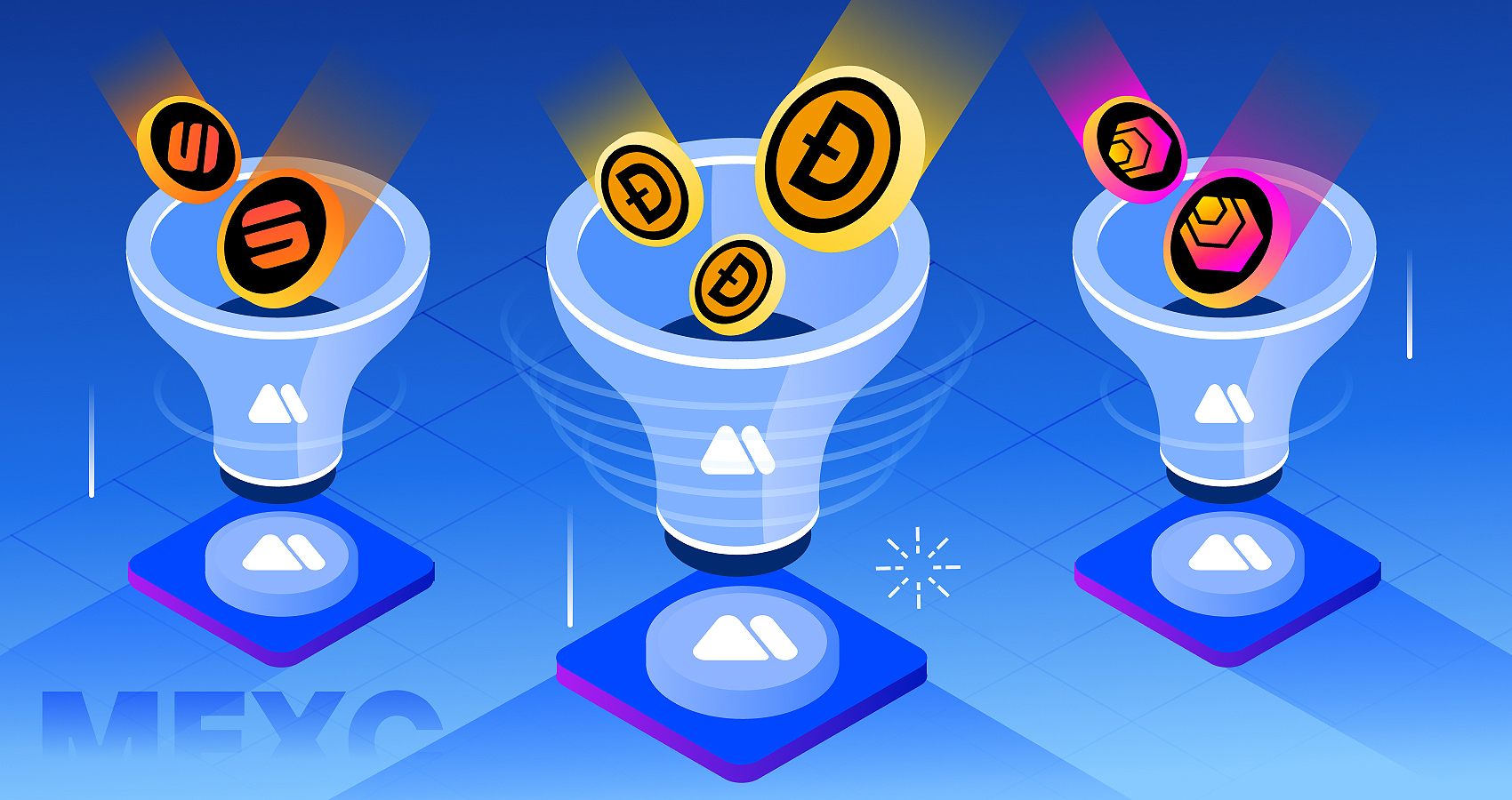In recent years, blockchain technology has been making waves across a variety of industries, from finance to supply chain management. But one of the most exciting applications of blockchain is in the realm of asset management.

Asset management refers to the process of overseeing and maintaining assets, including financial investments and physical property. Historically, this has been a centralized process, relying on intermediaries such as banks and government agencies to manage records and transfers of ownership. However, with the advent of blockchain technology, the future of ownership is undergoing a major transformation.
Blockchain is a decentralized, digital ledger that records transactions on multiple computers in a secure, transparent, and tamper-proof manner. This technology has the potential to revolutionize the way we think about ownership by enabling direct transfers of assets without the need for intermediaries.
Key Benefits of Blockchain-based Asset Management
One of the key benefits of blockchain-based asset management is an increase in security. Traditional asset management systems are often vulnerable to hacking and fraud. Additionally, centralized systems are easy targets of malicious actors. With blockchain, however, assets are stored on a decentralized network of computers, making it much more difficult for any single point of failure to occur. This means that assets have better protection against theft, fraud, and other security threats.
Another important advantage of blockchain-based asset management is increased efficiency. Traditional asset management processes can be slow and cumbersome, involving multiple intermediaries and requiring manual verification of transactions. With blockchain, however, transactions can be completed almost instantly and without the need for intermediaries, streamlining the process and reducing costs.
One of the most exciting applications of blockchain in asset management is in the realm of digital assets. Digital assets, such as cryptocurrencies, have already begun to disrupt traditional financial systems by offering a decentralized, peer-to-peer alternative to traditional financial intermediaries. But the potential applications of digital assets go far beyond the financial sector. For example, blockchain could be used to create and manage unique digital assets, such as art, music, or even real estate. This would allow for direct ownership and transfer of these assets without the need for intermediaries, leading to a more efficient and secure marketplace.
Challenges of Blockchain
Another important development in the realm of blockchain-based asset management is the rise of decentralized finance (DeFi). DeFi refers to a growing ecosystem of decentralized financial applications, built on blockchain technology. Furthermore, it offers new and innovative financial services. For example, DeFi platforms provide access to a variety of financial instruments, such as loans and derivatives, without traditional intermediaries. This has the potential to dramatically increase financial inclusion. It will also bring a wider range of financial services to people who were previously excluded from the traditional financial system.
However, despite the many benefits of blockchain-based asset management, there are still some challenges to be addressed. One of the biggest challenges is regulatory uncertainty.
Governments around the world are still grappling with how to regulate cryptocurrencies and other digital assets, and there is a risk that overly restrictive regulation could stifle innovation in the sector.
Another challenge is scalability. As the number of users on blockchain-based asset management platforms grows, it is crucial that these platforms are able to scale to meet the demands of their users. Currently, many blockchain-based asset management platforms are struggling with this challenge, and more work needs to be done to ensure that these platforms can operate at scale.
Conclusion
In conclusion, blockchain technology. is redefining the future of ownership. It holds tremendous promise for improving the security, efficiency, and accessibility of asset management. While there are still challenges such as regulatory uncertainty and scalability, it is clear that blockchain has the potential to transform the way we think about ownership and asset management. It will be exciting to see how it continues to shape the future of ownership and asset management.
Personal Note From MEXC Team
Check out our MEXC trading page and find out what we have to offer! You can learn more about crypto industry news. There are also a ton of interesting articles to get you up to speed with the crypto world. Lastly, join our MEXC Creators project and share your opinion about everything crypto! Happy trading!
Join MEXC and Start Trading Today!



